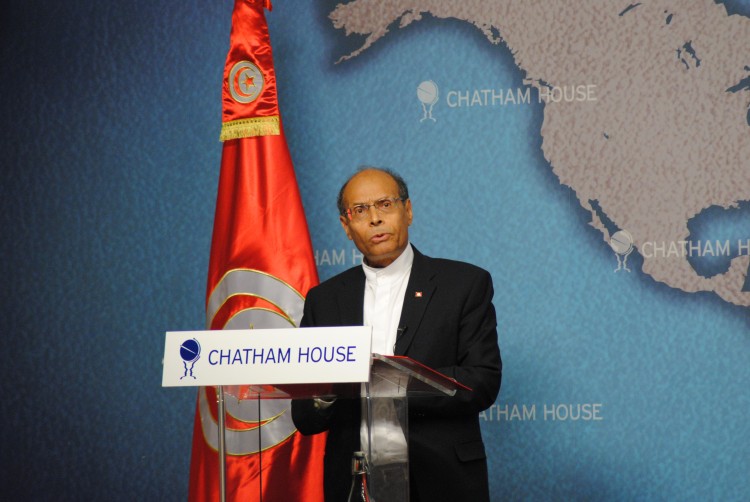Cuts in public spending, the widespread introduction of taxation and rising levels of unemployment are set to hit Bahrain over the coming decade, said a report citing the UK-based international think tank Chatham House.
Independent policy institute Chatham House, the Royal Institute of International Affairs, has warned in its latest report “Future Trends in the Gulf” that declining oil revenues and burgeoning populations across the GCC will fuel drastic changes in the near future, reported the Gulf Daily News, our sister publication.
The “implicit bargain between society and state” is under strain across the Gulf, it noted, adding that “Bahrain and Oman are faced with the most immediate economic pressure on their ability to sustain [this bargain]”.
“Oman and Bahrain have already been faced with declining oil revenue, whereas Saudi Arabia has nearly eight decades of oil production at current rates, and Abu Dhabi could cover the costs of some eight years of government spending through its sovereign wealth fund alone,” said the report.
“However, none of these states can afford to keep increasing public spending in the way to which their economies and societies have become accustomed in the last decade of high oil prices,” the report added.
Preparing for the “post-oil era” is an absolute must for all GCC states, the report warns, especially as many natural resources that the region has relied on for the past half century are predicted to run dry within the lifetime of children born today.
“All GCC states have long-term plans envisaging a transition to a post-oil economy, developing a mix of energy-intensive and knowledge-based industries, employing more nationals in the private sector, and considering the introduction of taxation,” said the report.
Yet, recent trends have suggested a “return to short-termist policies”, according to Chatham House, with the GCC making new public spending commitments worth $150 billion, or 12.8% of GDP, in 2011 alone – which creates “unsustainable expectations of lifestyle and wealth”.
“The large numbers of recent graduates in the Gulf, who have grown up during an economic boom, typically expect either public sector jobs or well-paid, high-status private sector jobs,” said the report.
“For now, such expectations are more easily met in the wealthiest countries with the smallest populations – Qatar and the UAE – but in Saudi Arabia, Oman and Bahrain, salary expectations and unemployment are already causing problems.”
With this in mind, the report predicts that “politics in the GCC states will be significantly transformed in the coming decade”.
“Generational change, with 60% of the population under the age of 30, is placing strain on traditional political structures,” said the report.
“The revenues from energy resources are not sufficient to sustain the current political-economic bargain in the medium to long term – three of the six GCC countries need oil at $100 per barrel in order to balance their budgets, and, crucially, these ‘break-even’ prices are rising as population growth adds to public-sector wage and subsidy bills,” it added.
Addressing the growing expectations of Gulf populations- – both citizens and non-indigenous residents – and providing greater opportunities for them to take part in designing their future should be “core elements of the region’s security”, recommended the report.
“Curbing fiscal spending will be a pressing concern in the next five to ten years, and the need to diversify away from oil will require long-term transformations of the economy and education system,” it stated.
“Governments, opposition groups and civil society – as well as international allies – need to engage constructively in addressing the full implications of these complex challenges,” the report added.
Source: Trade Arabia












